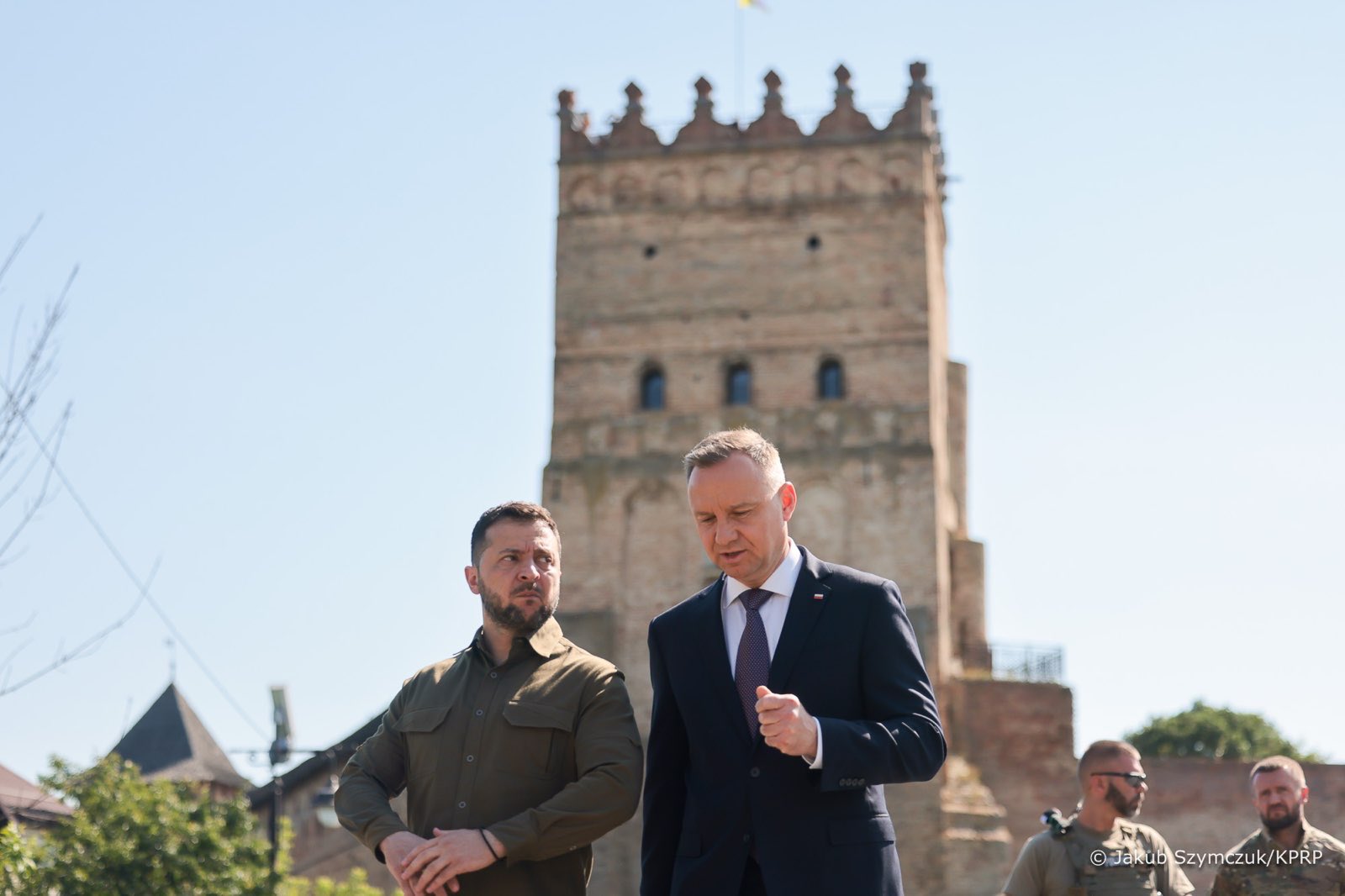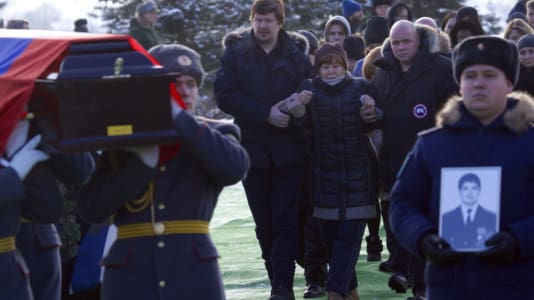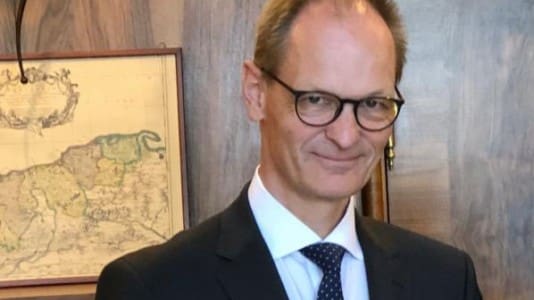Ukrainian President Volodymyr Zelensky has made a notable gesture toward Poland just ahead of the 80th anniversary of the Volhynia Massacre, but there is more work to be done.
On Sunday, Zelensky joined Polish President Andrzej Duda in an ecumenical service at the cathedral in Lutsk.
There was already reason to fear that Polish politicians would be the only ones to remember the victims on social media and stand among the crops growing where Polish villages used to be before they disappeared along with the inhabitants massacred by Ukrainian nationalists.
Zelensky managed to find time during a crucial diplomatic operation before the NATO summit in Vilnius, which holds great significance for his country. Prior to the summit, he embarked on a tour of alliance member states such as Bulgaria, Czechia, Slovakia and Turkey.
Remarkably, the Vilnius summit coincided with the exact anniversary of the bloody Sunday when Ukrainian nationalists murdered 100,000 Poles during World War II. This is symbolic for the two countries, as nearly everything has changed over the past 80 years, exemplified by the opening of Polish homes to Ukrainian refugees.
However, the burden of Volhynia still weighs heavily upon us.
The service in Lutsk is a good sign. However, there is still a long way to go. The words spoken were extremely cautious, including those of Zelensky: “Together, we pay tribute to all the innocent victims of Volhynia! Memory unites us! Together, we are stronger.”
Even Duda expressed similar sentiments: “In Lutsk, in Volhynia, on the anniversary of the bloody Sunday, we, together with President Zelensky, paid tribute to the murdered Poles.”
Twenty years ago, we were in a different place. At that time, President Aleksander Kwaśniewski accompanied by Ukrainian President Leonid Kuchma, spoke not only about the victims but also about the perpetrators and the ideology that led to the “anti-Polish action” and the genocide committed by Ukrainian nationalists.
We must return to addressing these issues without exerting pressure on Zelensky, especially during a period when the fate of a major war hangs in the balance. During this war, the word “genocide” is used to describe the war crimes committed by Russian invaders, such as the massacre of several hundred residents of Bucha near Kyiv in March last year.
Nevertheless, Volhynia was a gigantic Bucha. Zelensky’s gesture gives hope that Ukrainian elites are mature enough to confront the facts from 80 years ago.






